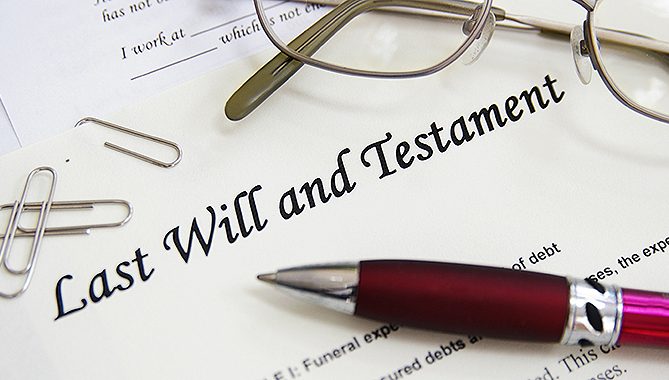 June 8, 2015. Often one reads about a “Small Estate Affidavit.” What is it? What is the purpose of the document? Is it filed? Where is the form? Etc., etc.
June 8, 2015. Often one reads about a “Small Estate Affidavit.” What is it? What is the purpose of the document? Is it filed? Where is the form? Etc., etc.
Actually, we do not have a “small estate affidavit” here in Georgia as an official form to be filed in the Probate Court. Other States may have court procedures for estates under a certain amount, but we do not have such a procedure here (although there are some other procedures for estates with little assets).
OK, so there is no form, there is nothing to file in Probate Court, is there any help?
There is a statute which gives some relief if there is money in the bank or other depositary institution of a relatively small amount, and certain other conditions apply.
As of the date of this post, Official Code of Georgia Annotated, Section 7-1-239, reads as follows. The “affidavit” is mentioned in the last paragraph. Again, there is no official form. Perhaps the particular bank will have its own affidavit form. Of course, an “affidavit” means that the document is signed under oath.



